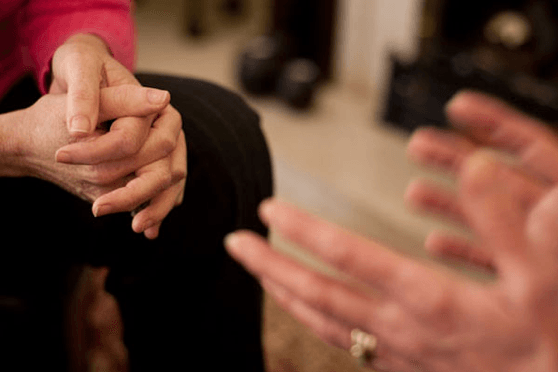Here And Now
Tinnitus awareness week

*Action on hearing loss state that around 1 in 10 adults in the UK experience tinnitus*
Tinnitus awareness week runs from the 3rd to the 9th of February. Below you will find some information regarding tinnitus and the services we offer to help individuals with this. For this week only we will be providing our Tinnitus assessments with Audiology director Rob Parker free of charge in order to help and reach as many individuals as possible.
The national tinnitus week campaign ran by the British Tinnitus Association is also making a special effort to do this throughout the week with the following:
Tuesday the 5th - the tinnitus helpline will be available through the night for the first time ever. Night time when it is quieter and when hearing aid wearers have removed their devices is often when a lot of people notice their tinnitus more.
Wednesday the 6th - for the first time a podcast on tinnitus will be shared discussing how tinnitus can affect relationships but also how to combat these issues if they arise.
Thursday the 7th - social tips will be shared in order to ensure the condition doesn’t hinder or impact daily and social activities and cause isolation - these tips are shared by people who have experienced it themselves.
Friday the 8th - support groups around the uk will be highlighted
Not forgetting the big impact of social media, internet engagement and general raising of awareness and the chance to talk!
Tinnitus is not a disease or an illness, it is the term for hearing sounds in the ears or the head which are not from an external sound source. Tinnitus can sound different to different individuals, a few common descriptions of how tinnitus can sound include but are not limited to; ringing, buzzing, whistling, humming, ticking or hissing. Some people also have a mixture of various sounds or even hear sounds similar to music, words or singing.
Tinnitus is rarely an indication of a serious disorder but it is wise to see the GP if symptoms of tinnitus are being experienced.
Tinnitus can be caused by many factors and often occurs spontaneously. Questions are always asked even in our hearing assessments to establish if there is an underlying cause for the tinnitus or if onward referral to another professional is necessary. However, if the tinnitus has no underlying medical connection and simply requires more help, understanding and coping mechanisms, our tinnitus assessments will cover this. Furthermore, in many cases Tinnitus and hearing loss come hand in hand, identifying and treating a hearing loss can often lead to great improvements in how prominant the tinnitus appears to be and is a very effective treatment.
Tinnitus can be a worrying experience for some individuals especially if it has never been experienced before, however, it is known that tinnitus can seem worse to the person experiencing it when anxious or stressed, therefore, it is important to seek advice and help if this is the case.
Different terms can be used to describe tinnitus and in a tinnitus assessment the type of tinnitus presented will be analysed and explained accordingly. The audiologist will help with the understanding of tinnitus and work to minimise the impact it has along with offering coping strategies.
Helpful information regarding tinnitus is also available online on the British Tinnitus Association (BTA) website, written by experts in the field.
Note: We do not recommend using online forums or unofficial websites to research or discuss tinnitus as these can often be filled with more negative experiences which can hinder somebody’s journey to understanding and coping with their own type of tinnitus.
If you have any further questions and wish to speak to an audiologist or would like to book for a hearing or tinnitus assessment then please contact us on 01629 339001 or email us at info@earplace.co.uk.